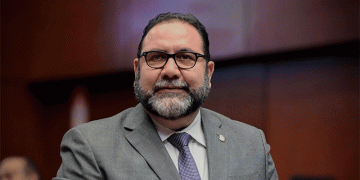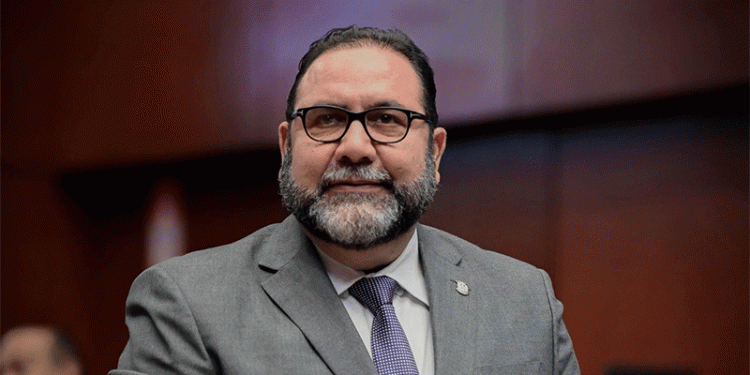Senator Rogelio Genao has urged President Luis Abinader to impose a three-month ban on garlic imports (August, September, and October) to help Dominican producers sell their harvests. Currently, the country produces only 20% of its garlic consumption, with most cultivation concentrated in Constanza.
Globally, garlic production is dominated by China (over 75% of global supply), making it difficult for small producers to compete. The Dominican Republic relies heavily on imports, but local farmers struggle with pricing and market access. A temporary import restriction could stabilize prices, though critics argue it may lead to short-term shortages.
School Breakfast Program Boosts Potato Demand
In a win for potato farmers, the government has committed to purchasing 21,000 quintals (approx. 2.1 million lbs) of potatoes weekly for school breakfasts—a move that ensures stable demand. The National Institute of Student Welfare (INABIE) now includes potatoes twice a week in meals, supporting local growers.
This aligns with global trends where governments are increasingly linking school feeding programs with local agriculture to strengthen food security. For example, Brazil’s National School Feeding Program mandates that 30% of ingredients come from family farms, boosting rural economies.
Balancing Trade and Local Production
The senator’s proposal highlights the tension between protecting local farmers and ensuring affordable food supplies. While import restrictions may help Dominican garlic growers, long-term solutions—like improving yields, storage, and processing—are essential. Meanwhile, the potato initiative shows how public procurement can drive agricultural sustainability.
For farmers and agronomists, these developments underscore the importance of policy support, market access, and innovation in strengthening domestic food systems.































